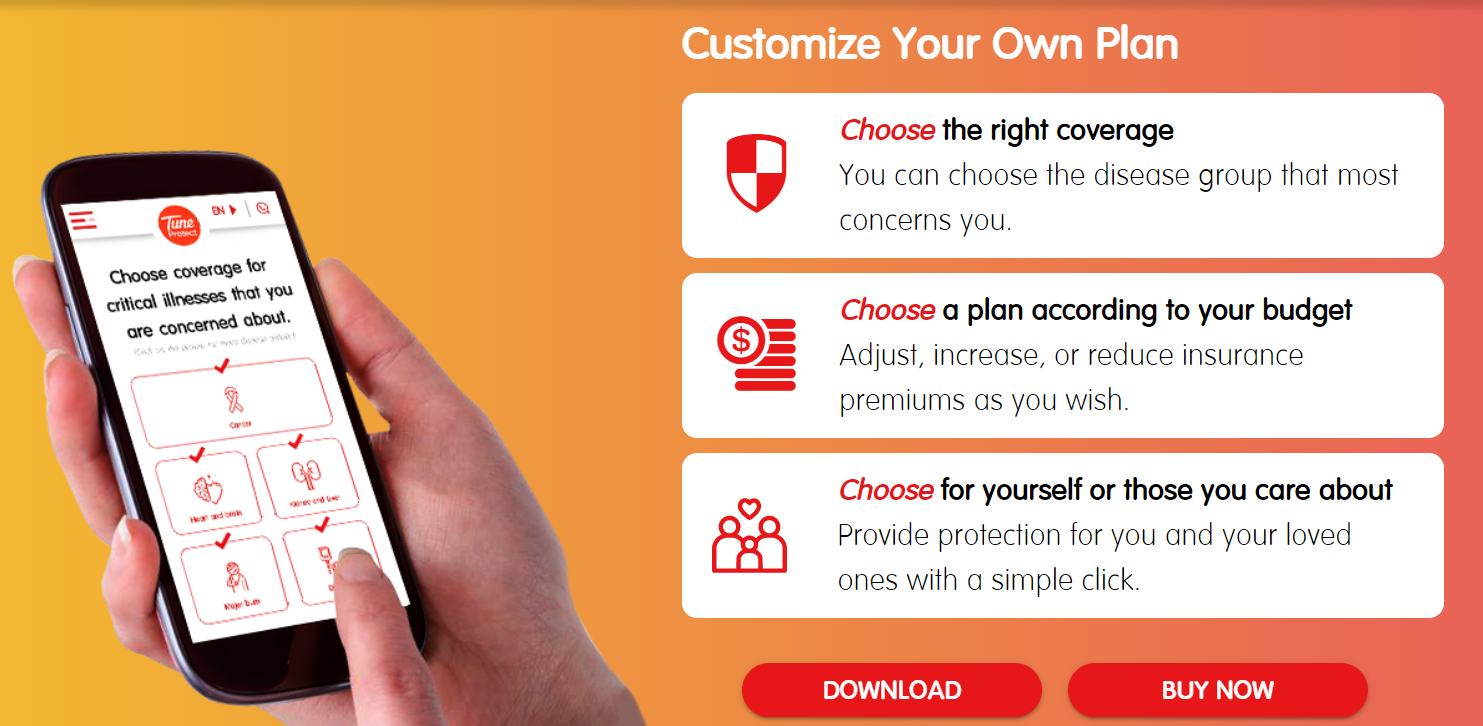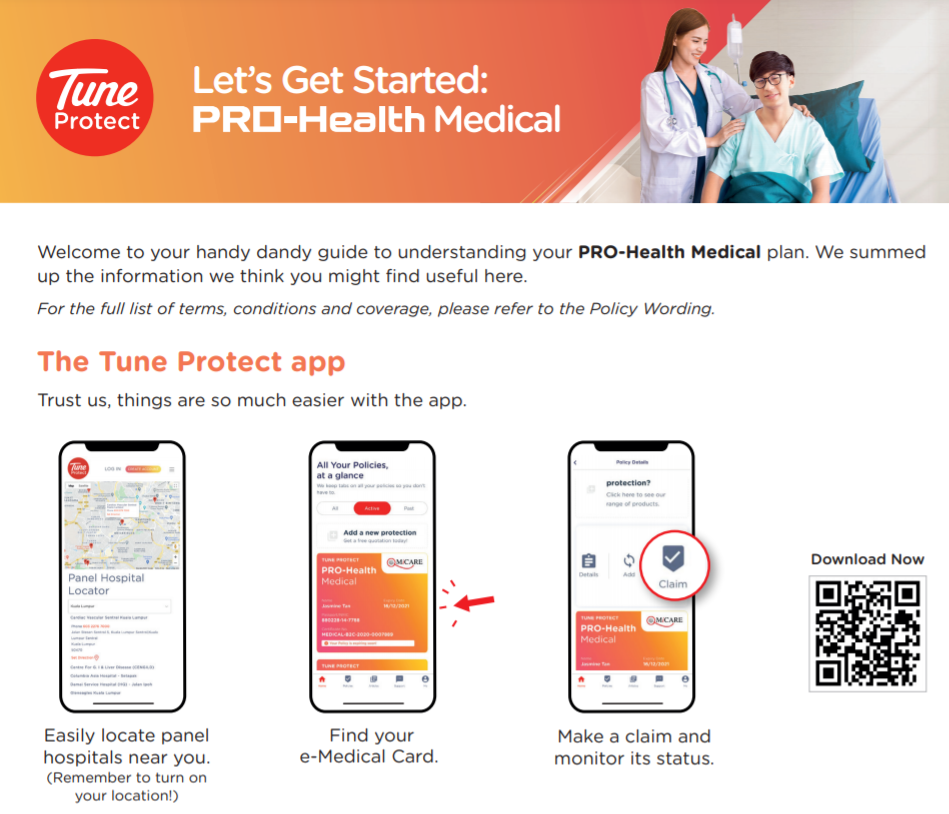
What Exactly is Digital Health Insurance? Lessons Learned in the COVID Era
Fred J. Hegner,
April 23, 2021: After three flights and 30 hours, I stepped out of the gate at Bangkok's Suvarnabhumi Airport to be greeted by five people in hazmat suits. It was just after midnight. Jet-lagged and nervous, I hastily shuffled through my paperwork and handed it to the first person who asked. I was then escorted down the terminal to a row of empty seats and joined the ten other passengers from my flight. After a series of temperature checks and requests for additional documents, I was moved to another area and asked a very important question: "What amount of health insurance do you have?" It then dawned on me: health insurance in the COVID era is now more important than ever.
It then dawned on me: health insurance in the COVID era is now more important than ever.
My career journey has taken twists and turns that are all too familiar in today's turbulent economic times. My story is not one of regret or missed opportunity, but of reinvention. I had worked over 27 years for brick and mortar insurance companies, and I was now about to embark on a new adventure: digital health insurance. It became clear to me that night at the Bangkok airport that health insurance is not a luxury but a necessity during a pandemic. A necessity that needs to be simpler and more accessible for the customer.
Digital insurance is not a new concept, but how it is being executed and to what degree it is succeeding has accelerated due to the pandemic. A popular meme going around the internet these days goes something like this: Who is most credited for digital innovation at your company? a) CEO, b) CIO, c) COVID. Most likely "c" is the correct answer. Many studies have shown that the pandemic is responsible for accelerating the transition to digital by an average of four years. Four years...that's a lot. Just think of the change the average company goes through in one year.
Many studies have shown that the pandemic is responsible for accelerating the transition to digital by an average of four years.
When we look at traditional health insurance, it is typically considered a complex proposition in the eyes of the customer. And it's not hard to explain why. Health is complex. Not everyone has or wants what it takes to become a doctor...myself included. But what we can do is make health insurance simpler. Similar to how social media popularized digital communication, the learning curve for digital health insurance needs to follow the same path: make it simpler, make it accessible, make it cheaper, and make it relevant.
At Tune Protect, we are embarking on this journey. It is not an easy journey mind you. What is simple in the eyes of the customer is not necessarily simple for the company. Assessing the risk, pricing the risk, enabling the technology, attracting the market...these are all challenging steps that need to be executed just right. And most important is patience. Building a fantastic looking mobile app or website with simple and competitively priced products will not instantly draw customers. Digital health insurance has to have a long-term proposition that makes sense to the customer and their personal health journey.
Digital health insurance has to have a long-term proposition that makes sense to the customer and their personal health journey.
It may not be surprising to learn that many people do not have a personal health journey. Health is something that just happens. But the pandemic is changing this. A 2018 study conducted by a well known reinsurer revealed that roughly half of those under the age of 50 were not concerned about their health or aware of major health risks. Fast forward to today, and that number has dropped from roughly 50% to just under 25% based on the same study.
A 2018 study conducted by a well known reinsurer revealed that roughly half of those under the age of 50 were not concerned about their health or aware of major health risks. Fast forward to today, and that number has dropped from roughly 50% to just under 25% based on the same study.
What can we learn from this? A key role of a health insurer is not only to provide a need, but raise awareness for that need. With the explosion of social media, digital insurers have to use all available channels to raise this awareness, and yes, this includes TikTok.
Long before the current third wave from the Delta variant, Tune Protect Thailand was one of the first in the market to offer simple and affordable products that raise awareness for COVID and vaccine side-effects.
Insurance for COVID-19 iSafe Extra
COVID-19 vaccine Insurance VSafe COVID
Not only is there a clear price proposition based on simplicity and affordability, but Thailand is one of the few countries that has successfully used QR codes to further help customers when marketing products and services. It is a cost-effective and simple way of drawing customers to Tune Protect's digital platforms.
Another example of digital health innovation at Tune Protect was launching one of the first myFlexi CI "pick and choose" Critical Illness products in the Thai market. Critical Illness products have historically been an "all or nothing" proposition where a customer is forced to accept coverage for a multitude of illnesses they may not want. At Tune Protect, our innovative user experience (UX) allows the customer to choose their own coverage, their own budget, and purchase coverage for other family members.

In Malaysia, Tune Protect has also been innovative in launching one of the first completely digital products: a hospital protection plan called Pro-Health Medical. An early lesson learned from this product is that customers are looking for easy and affordable monthly pricing options even if the overall price of the product is considered competitive. The ultimate success of a digital product in these early days appears to require four key components: simplicity, price, accessibility, and necessity. Take away just one of these and the overall value proposition declines.
The ultimate success of a digital product in these early days appears to require four key components: simplicity, price, accessibility, and necessity. Take away just one of these and the overall value proposition declines.

As the pandemic continues to raise awareness and necessity for health insurance, we all need to keep pushing this in the industry. Raising awareness not just for the pandemic but for health in general is a long-term commitment. Furthermore, AI-enabled risk assessment and pricing will help support smaller margins and make prices more affordable for the customer and sustainable for the company. And accessibility and simplicity are truly the digital game. Those who can innovate and draw in the customer with simple digital health products which serve specific needs will win out. Here at Tune Protect, this is not only our motto but our mission: to be the lifestyle insurer who everyone loves by keeping insurance simple.
Here at Tune Protect, this is not only our motto but our mission: to be the lifestyle insurer who everyone loves by keeping insurance simple.



